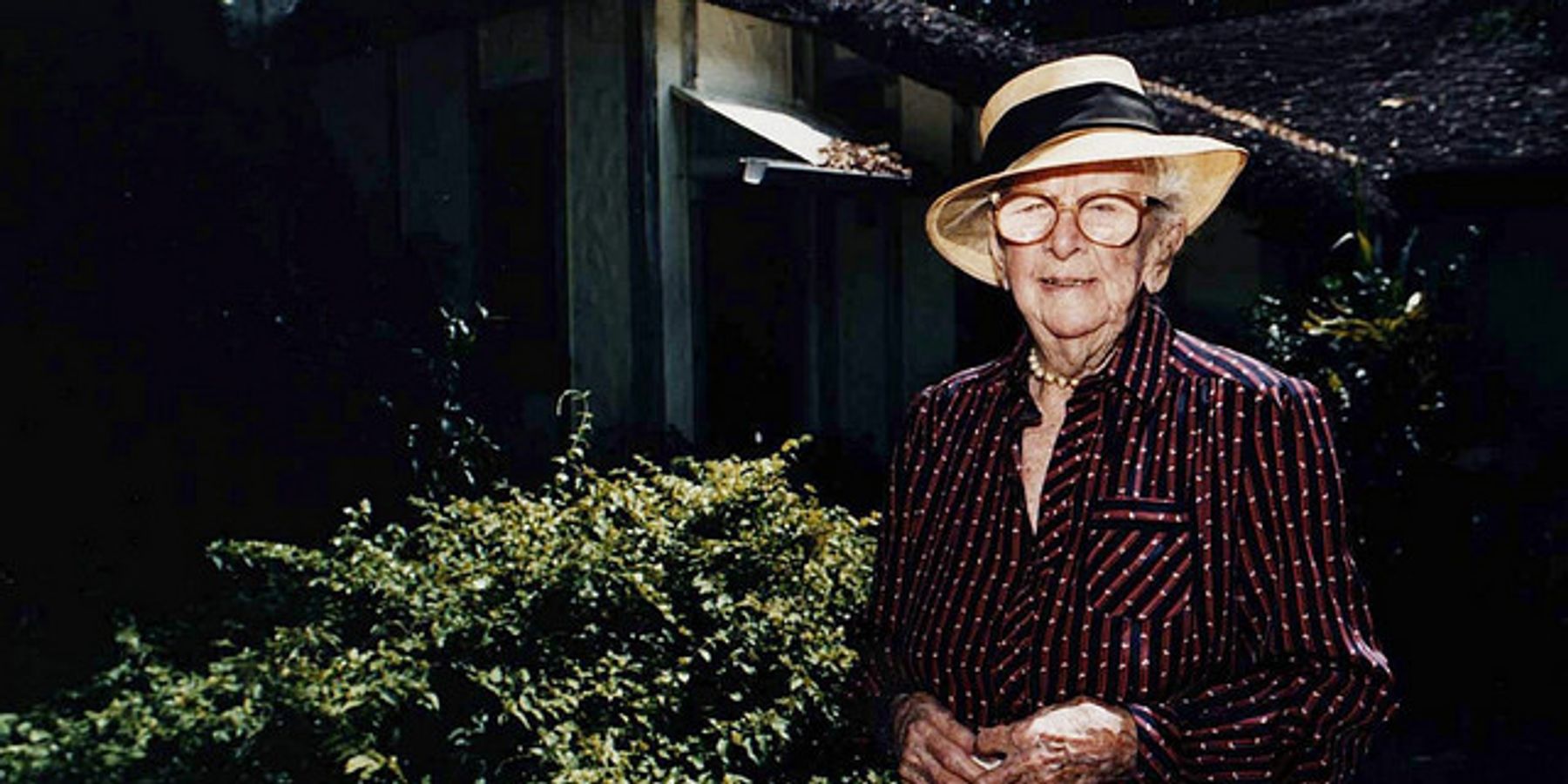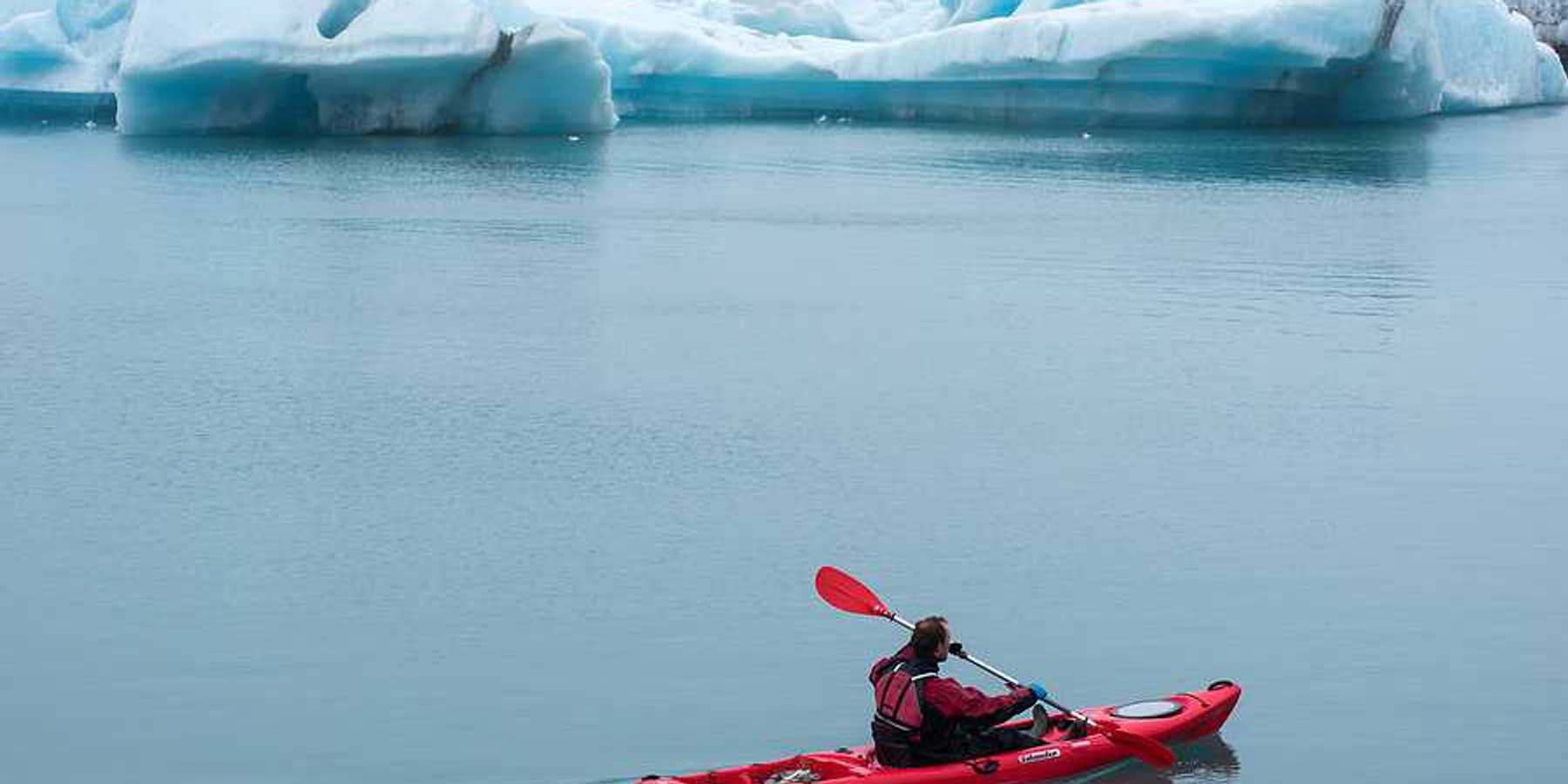
Household name/Weekend Reader for Sunday, April 8
Now that everyone knows the name "Marjory Stoneman Douglas," perhaps everyone should know what she accomplished.
I'm guessing the typical American news consumer has heard her name a couple of hundred times in the past eight weeks. I'd also surmise that the typical American news consumer hasn't the slightest idea who Marjory Stoneman Douglas is.
Her life is a Hollywood blockbuster waiting to be made: Imagine Meryl Streep or Dame Helen Mirren in an oversized floppy hat, the screenplay aging her from a feisty 57 to still-lucid 108. Marjory Stoneman Douglas didn't save the Everglades – they're far from saved despite more than a half century of trying to undo the pressures of citrus, sugar, cattle, and suburbs.
But taking a leap of faith that sea level rise doesn't eventually swamp America's Swamp, she certainly is the heroine who kept the Everglades alive.
Two public schools bear her name, an elementary school in Miami and the Ill-starred high school where 17 students and teachers were slaughtered on February 14. There's a nature center in South Florida and a state office building in Tallahassee. National Geographic did a TV documentary on her life in 1985. Her longtime home in Miami's Coconut Grove neighborhood is a National Historic Site. A wilderness area in Everglades National Park bears her name. In 1993, Bill Clinton awarded her the Presidential Medal of Freedom. But she deserves a lot more recognition than this.
Marjory Stoneman Douglas was born in Minnesota on April 7, 1890. She led a life of activism that spanned from the women's suffrage movement to the environmental movement. After a disastrous marriage, Douglas joined her father's Miami Herald as a reporter in 1915, later becoming an editor. She quit the paper in 1923 for life as a freelancer, writing a play about part-time South Florida resident Al Capone. Scarface apparently didn't like the play, but the playwright wasn't intimidated.
An early advocate of feminism, civil rights, and the environment, she pushed for the establishment of the Everglades National Park. In 1947, both the Park and Douglas's Everglades masterwork, The Everglades: River of Grass, became realities. The book marked the beginning of her second career as an Everglades activist, at age 57.
River of Grass helped change the way the public regarded the Everglades. Douglas stood five feet, two inches (for the record, Meryl Streep is 5' 6" and Helen Mirren is 5' 4"), but commanded widespread respect as she took on sugar and citrus growers, cattlemen, real estate developers and the Army Corps of Engineers. In the 1960's, the Corps had masterminded the straightening of the meandering Kissimmee River, disrupting the slow flow of water into the Glades, leading to a three-decade campaign led by Douglas to reverse the damage and restore vital wetlands and floodplains
In 1992, Congress ordered the Corps to put the bends back in the River – a remarkable statement on the folly of engineering nature. At age 79, Douglas organized a group called "Friends of the Everglades" to oppose a massive jetport planned for the middle of the Glades in the 1960's. The plan was eventually nixed by President Richard Nixon, another part-time South Florida resident. "Friends" is still a leading citizens' group protecting the Everglades.
Marjory Stoneman Douglas was also something of a quote machine. She presaged a long-sought, little-achieved goal of the national environmental movement: "Child welfare ought really to cover all sorts of topics, such as better water and sanitation and good roads, and clean streets and public parks and playgrounds."
Another famous statement showed the limits of her love of the Everglades: "To be a friend of the Everglades is not necessarily to spend time wandering around out there ... It's too buggy, too wet, too generally inhospitable"
Douglas campaigned against the spread of invasive plants and animals in the Glades. She made no friends by opposing drainage projects in Miami's encroaching suburbs.
Blind and in failing health, Marjory Stoneman Douglas continued her activism until her death at age 108 in 1998. She made full use of her age and frailty, saying, "People can't be rude to me, this poor little old woman. But I can be rude to them, poor darlings, and nobody can stop me."
A St. Petersburg Times reporter memorialized her by writing "She had a tongue like a switchblade and the moral authority to embarrass bureaucrats and politicians and make things happen."
However much she made things happen, the Everglades still need quite a bit of saving. As Douglas said, "The Everglades is a test. If we pass it, we may get to keep the planet."
So far, we've gotten an incomplete grade.
Top Weekend News
Lisa Friedman and Coral Davenport of the New York Times have the story on a pattern of sloppiness in EPA Administrator Scott Pruitt's efforts to roll back environmental laws and regulations.
Tony Barboza of the Los Angeles Times reports on the Southern California Air Quality Management District's delay in enacting restrictions on truck and train pollution.
The Guardian tells of the stunning death toll among wildlife rangers in Virunga National Park in the Democratic Republic of Congo.
Opinions and Editorials
EHN/Daily Climate founder Pete Myers on the "existential trap" of solar geoengineering as a climate fix.
The Week in Trump
From Buzzfeed: A Tea Party group has launched a Twitterstorm to support Scott Pruitt and save his job. Meanwhile, Politico reports that Pruitt overstayed his welcome at the Capitol Hill townhouse where he rented a room. The owners had to change the locks.
Interior Secretary Ryan Zinke acknowledges that there's little interest in expanded offshore drilling among oil & gas producers.
The liberal media watchdog group Media Matters reports on a quandary for Fox News: Its chief White House correspondent, Ed Henry, did a devastating interview with EPA boss Scott Pruitt. But other Fox shows are ignoring the news that was made by the surprising interview.













